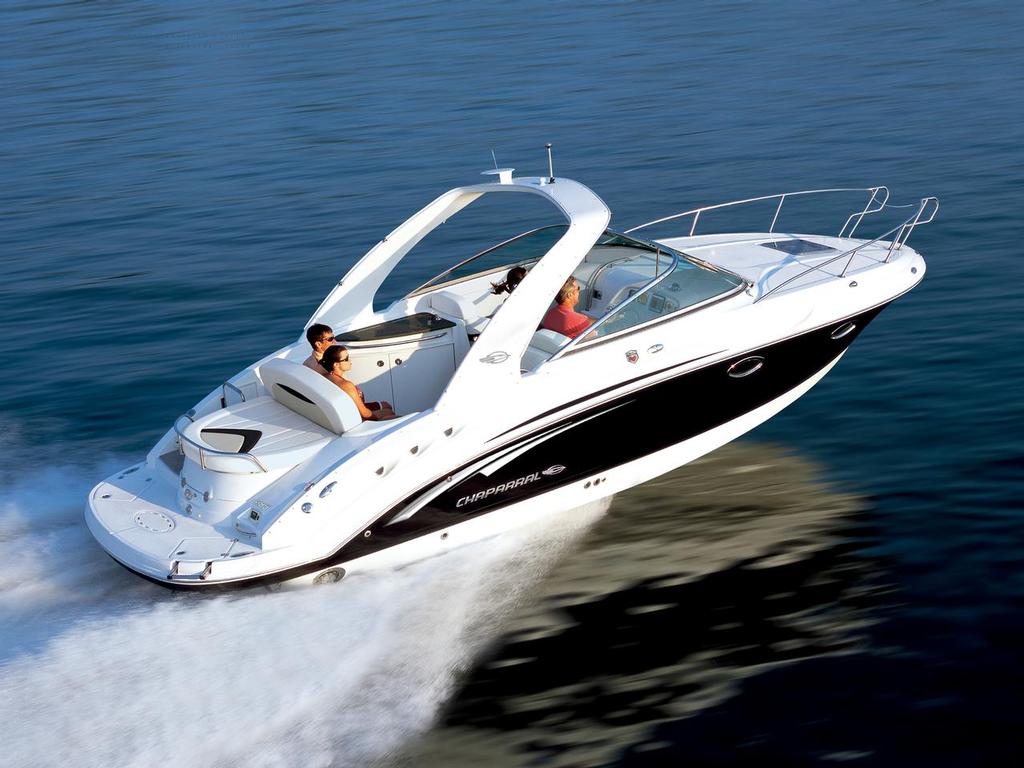
23 May Boat insurance and safety
Keep your head above water—understand how to protect your seagoing vessel, yourself and your passengers
Boat insurance basics
The size, type and value of the craft and the water in which you use it factor into what type of insurance you need and how much you will pay for insurance coverage. As with any insurance policy, make sure you understand exactly what perils are covered and what your policy limits are.
- Small craft may be covered under your standard homeowners policy or renters insurance policy. Most insurers provide limited coverage for property damage for small boats such as canoes, small sailboats or small powerboats with less than 25 mile per hour horsepower. Coverage generally includes the boat, motor and trailer combined. Liability coverage is typically not included, but it can be added as an endorsement to a homeowners policy.
- Larger and faster boats such as yachts require a separate insurance policy (as do personal watercraft such as jet skis).
Typical boat insurance policies cover physical damage to the boat itself. They also cover property damage, theft and medical payments, each with different deductibles. Your insurer may offer additional, optional coverage for trailers and boat accessories.
Boat insurance policies generally provide broader liability protection than a homeowners policy. However, depending on the assets that are at risk, boat owners may also consider purchasing an umbrella liability policy, which will provide additional protection for their boat, home and car.
Boat insurance coverage
Boat insurance is available in two types, each with different parameters and different premium costs.
- Actual Cash Value policies pay for replacement costs less depreciation at the time of the loss. In the event of a total loss, used boat pricing guides and other resources are used to determine the vessel’s approximate market value. Partial losses are settled by taking the total cost of the repair less a percentage for depreciation.
- Agreed Amount Value policies are based on a valuation of your vessel that you and your insurer have agreed upon; in event of a total loss you will be paid the “agreed amount.” Agreed Amount Value policies will also replace old items with new ones in the event of a partial loss, without any deduction for depreciation.
Here are some of the common and optional boat coverages. Make sure you understand what exactly your policy will pay for and what the limits are.
- Physical loss or damage to the actual boat, including the hull, machinery, fittings, furnishings and permanently attached equipment. Physical damage exclusions might include normal wear and tear, damage from insects, mold, animals (such as sharks), defective machinery or machinery damage.
- Theft of the boat.
- Bodily injury to persons other than the boat owner or his or her family.
- Damage caused to someone else’s property.
- Guest passenger liability—that is, any legal expenses incurred by someone using the boat with the owner’s permission.
- Medical payments for injuries to the boat owner and other passengers.
- Trailer or boat accessories.
- Loss or theft of belongings may or may not be covered. Your homeowners policy may provide some coverage and boaters should specifically inquire about special equipment kept on the boat, such as fishing gear, to make sure it is covered.
- Towing in the event of an accident.
Boat insurance discounts
If you’re thinking of obtaining boat insurance or changing insurers, inquire about discounts for the following:
- Diesel powered craft, which are less hazardous than gasoline powered boats as they are less likely to explode
- Coast Guard approved fire extinguishers
- Ship-to-shore radios
- Crew completion of boating and water safety education courses
- Multi-policies with the same insurer, such as a car, home or umbrella policy.
- Two years of claims-free experience


No Comments